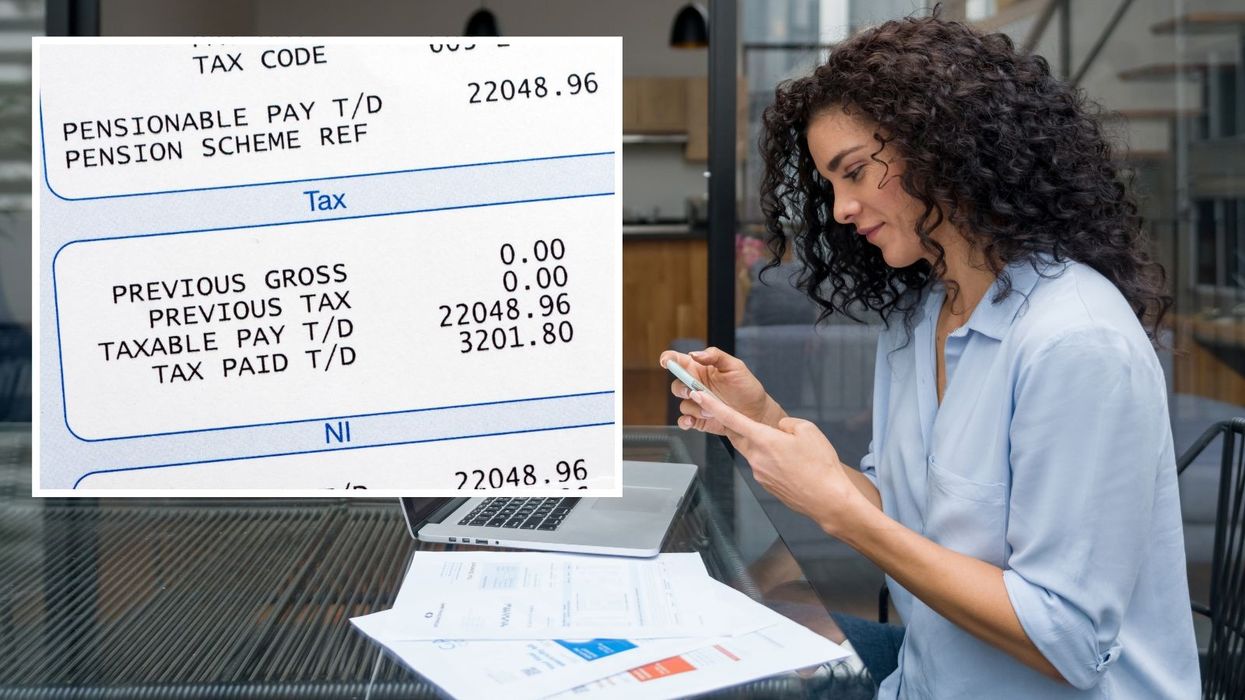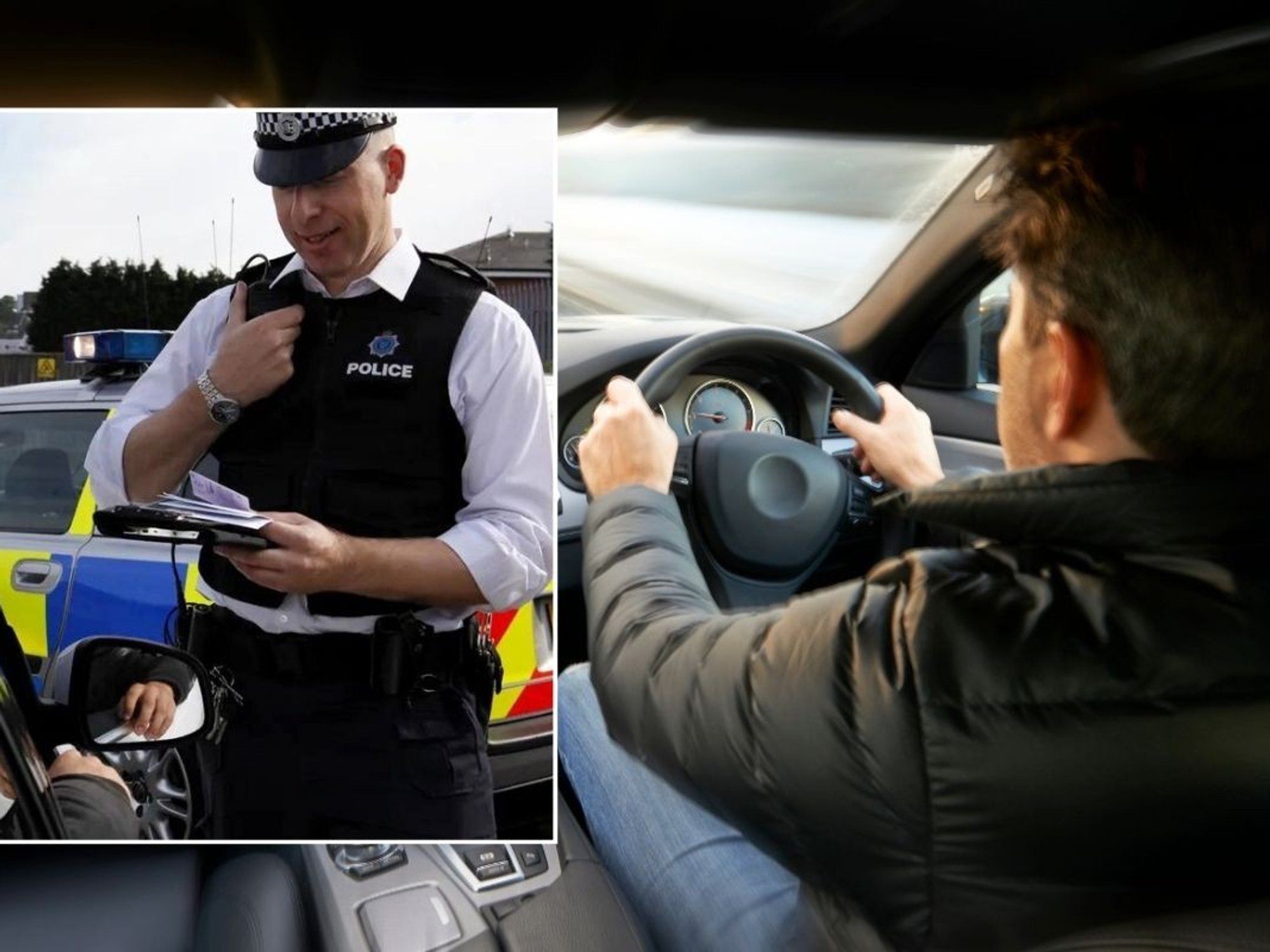Wrong tax code could see HMRC hold onto hard-earned money for months – how to check how much tax you'll pay

Those who overpay tax due to an incorrect tax code could have to wait months to get the money back
|GETTY

The new tax year could provide a good opportunity to check one’s tax code is correct
Don't Miss
Most Read
Latest
Britons are being urged to check their tax code is correct as the new tax year gets underway.
An incorrect tax code could lead to under- or overpayments in tax, making it important for people to check their code is right as soon as possible.
Robert Salter, director at Blick Rothenberg, also warned it could mean people end up missing out on forms of tax relief to which they may be entitled.
Furthermore, for those who overpay tax due to an incorrect tax code could have to wait months before getting that hard-earned cash back from the taxman.
Speaking to GB News, Salter said: “If the tax code is wrong, taxpayers will end up suffering the wrong amount of PAYE withholdings throughout the year.
“Whilst this can – in some cases – mean that the taxpayer will have a tax overpayment to come back to them at some stage in the future – which may sound nice – given the cost-of-living pressures most people are experiencing at the present time, why should any taxpayer needlessly ‘let’ HMRC have their hard-earned money for 12-18 months before it is refunded?”

The most common tax code is 1257L
|GETTY
The tax expert also warned underpayments will need to be paid back, so checking the tax code is right as soon as possible can help to avoid unexpected tax bills.
He said: “An incorrect tax code can result in taxpayers having a significant tax underpayment, which they will then need to pay over to HMRC.
“Such tax demands are never ‘welcome’ or good news and in some cases can clearly cause real financial stress to the individuals concerned.”
What should people do if their tax code is wrong?
It’s down to individuals to check their tax code is right, so it is important to review it.
If a person believes their tax code is wrong, they should look to proactively contact HMRC, Salter said, to discuss the code.
Should it genuinely be wrong, the tax code will need to be updated to reflect the correct position.
Salter said: “There are various ways in which a taxpayer can contact the Revenue – e.g. over the phone or via letter.
“However, given the delays which can arise with phone calls or letters (due to limited HMRC resource), it is probably best to try and register for a Personal Tax Account with the Revenue and ensure that any requested adjustment to the PAYE code is registered via the Tax Account."
The “Check your Income Tax for the current year” service on the Government website can be used to check a person’s tax code and personal allowance.
The tool also enables the user to see their estimated income from jobs and pensions, and the tax they can expect to pay for the current tax year.
LATEST DEVELOPMENTS:
Currently, the most common tax code is 1257L, which most people who have one job or pension will have.
The L means the person is entitled to the standard tax-free personal allowance.
The numbers in the figure refer to the personal allowance the taxpayer has, with 1257 relating to the £12,570 standard personal allowance.
The personal allowance is among a number of tax thresholds, which have been frozen by Prime Minister Rishi Sunak and Chancellor Jeremy Hunt until 2028, as a tax-raising measure known as fiscal drag.










